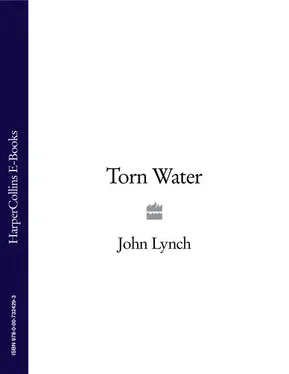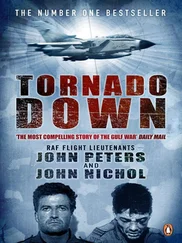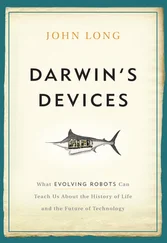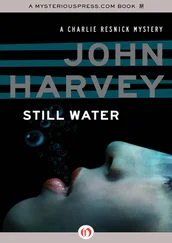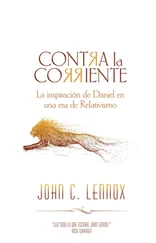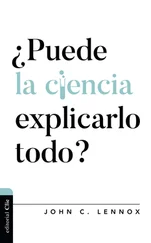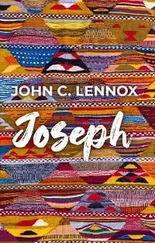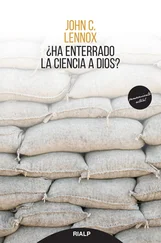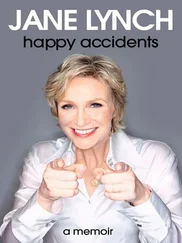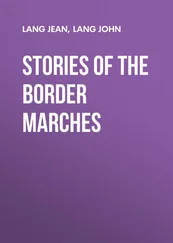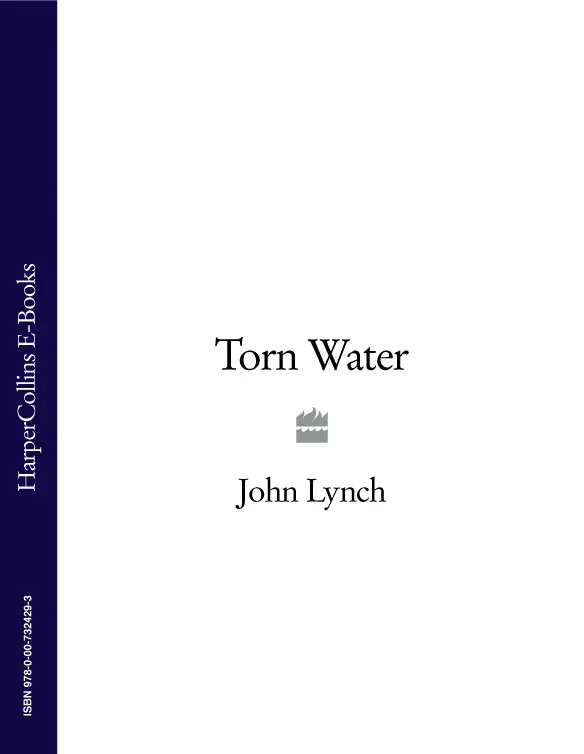
JOHN LYNCH
Torn Water
Chapter 1 - The Quarry
Chapter 2 - Sully
Chapter 3 - Teezy
Chapter 4 - Outer Space
Chapter 5 - The Rehearsal
Chapter 6 - The Bomb
Chapter 7 - The Fight
Chapter 8 - Plug and the Big ’Ammer
Chapter 9 - Al Pacino
Chapter 10 - The Grand Inquisitor
Chapter 11 - The Fury of His Other Face
Chapter 12 - Marion and the Aftermath
Chapter 13 - The Invitation
Chapter 14 - The Party
Chapter 15 - Kerry and the Fox
Chapter 16 - The Post-mortem
Chapter 17 - Logs
Chapter 18 - Amends
Chapter 19 - D-Day
Chapter 20 - The Performance
Chapter 21 - The Reward
Chapter 22 - Her Name
Chapter 23 - The Captain
Chapter 24 - The Last Night
Chapter 25 - The Checkpoint
Chapter 26 - The Man of Light
Chapter 27 - God Has a Flan for Us All
Chapter 28 - South
Chapter 29 - Dublin
Chapter 30 - Torn Water
About the Author
Praise
Copyright
About the Publisher
To Mary
He remembers when he was very young standing by water, his whole being fastened to his reflection, which rose from the depths of the pond to sit shimmering on its dark surface. It seemed as if he was peering into his soul, into the dark matter of its substance, and felt a holy hush seize his heart as if, suddenly, the unseen channels of the world ran through his body.
How he had got there or where the pond was he couldn't remember, but he can vaguely recall a hand on his and being led through high rooms, to a large garden, where bees wove dozy patterns in the air. At the bottom of this garden lay the pond, and he remembers a face bending to meet his and whispering that they would be back in a little while. So he stood where he had been left, his small feet pointing at the stonework of the pond's rim. He remembers a wind brewing in the tops of the trees and tearing at the water for a moment before subsiding, his face then coming into focus like a TV channel being tuned.
He remembers believing he felt his soul flee his body to slip into the other him that now sat on the surface of the water. He felt it rise from the wrappings of his skin like a silhouette or the moving negative of a bird in flight, and squirm through the sharp reflection of his other self, beating a glow of joy on the dark water.
How long he was there he can't recall but those moments where he stood threaded to his other self, confused as to which was which, sit like suspended portraits at the very back of his memory. He often wonders if he has left his soul in the bottom of that pond, and that it has lain in the murky waters for years like a scarred jewel, covered in moss and the sediment of decaying fish.
Death was his friend. Mr Death dwelt in the spaces between his thoughts. It held his father in its wide blank palm. He had died when James was only eight, nine years before. One day he was there and the next he wasn't, and in his place stood Death with the endless come-on of its smile. As he had grown up James began to understand that Death was the fall at the end of his dreams. He is small and skinny for his age, like a house plant that has been stowed in the darkness of a kitchen cupboard, its pale stems reaching for light that isn't there. His eyes are blue, like the brilliant stab of a winter's sky, and they drink of the world in long distrustful slurps. His skin is freckled and his nose crooked and long. He finds it hard to sit still, and even harder to listen: since his father died, he has always felt poised on the edge of some great event, some momentous occurrence, and that he must be ready at all times, ready for the truth of it all.
He lives with his mother on a housing estate just outside Newry, surrounded by the border and its many secret crossings and pathways. His mother is small like him. She drinks. He believes it is his fault that she does. He believes that he disappoints her. He is supposed to be at school today, but they can keep it. They can keep the brooding silence of their study periods. They can keep their troops of well-heeled boys. He is different. He has always been different, he is a collector of deaths, and he stores them in the cool harbour behind his eyes, calling on them when his father's absence jags the running of his heart. He performs his deaths for anyone who will watch, or sometimes only for his own pleasure, for the closeness he feels to the lost memory of his father.
He walks down Hill Street past the shopkeepers leaning in their doorways, some tugging on cigarettes, their eyes scouring the streets, giving every face that passes them the once-over. He rounds the corner at the bottom and cuts through the deserted market, the steel frames of the stalls standing eerily on the rough concrete. He crosses Chapel Street scarcely looking at the muddle of bric-à-bric that fronts the second-hand shops. He enters the alleyway connecting Chapel Street to Fair Street, a short dark cobbled passage damp with lichen and urine. Beer cans stud the ground, some faded pale by the sun; he wrinkles his nose as the smell of old piss hits him. He reaches the roundabout at the bottom of the Dublin road and begins to walk the long, high hill towards the border.
A quarter of a mile from the Customs post a police Land Rover sits in a lay-by; he can glimpse slices of the driver's face through its wire-meshed windows. He wonders what it must be like for the men in the vehicle to live their lives wearing a rhino hide for protection, gated from life.
Two hundred yards from the Customs post he sees the roadside café, a small caravan converted to house two griddles and a host of kettles billowing large pillows of steam. A hatch juts out, creaked back on its hinges, and off into the distance articulated lorries line the road like huge boxed caterpillars.
Drivers stand below the awning above the opened hatch, their breakfast baps and steaming coffee fitted in between bouts of talk. James stands quietly at the back. He often comes here to hover on the outskirts of these men. He envies them their lofty cabs, their autonomy, their careless smiles and the pointed fingers of their speech. He has often dreamed at night of sailing across the tarmac of foreign towns and cities, high above the clamour of normal traffic, his all-seeing headlights blistering the upcoming road.
Two women flit back and forth along the hatch of the caravan, their hands glistening with grease as they stuff gaping bread rolls with sausage and bacon, and thrust them into waiting hands, wiping their fingers hurriedly on their aprons before they claim the money. James edges his way to the hatch and quietly asks for a coffee. The skinnier of the two women, black, heavily dyed hair peeping from beneath the edges of her cap, looks at him for a moment. ‘You're a funny-looking lorry driver …’
He holds his coins out quickly.
‘Shouldn't you be at school?’
‘No.’ He says it quietly, in a flat tone, trying to keep a lid on the exchange.
‘Milk?’
‘No … thanks.’
‘Sugar?’
He nods.
‘How many?’
‘Two.’
He takes his coffee, guides it down from the hatch, bending his head to meet it, and sips before he begins to move off. A main slaps his mug down and asks for a refill of tea. He looks at James, as if he is sizing up livestock in a pen. ‘Whereabouts are you from, son?’
‘Carrickburren.’
‘Carrickburren no less … Do you know a fella by the name of O'Brien lives up that way?’
Читать дальше
